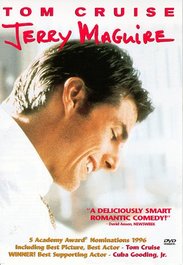
A few months ago, I watched Jerry Maguire with my older kids. When the movie was first released in 1996 when I was 22 and a relative newlywed, I thought it was funny and romantic. This time around, my perspective was very different. Instead of seeing Jerry and Dorothy as a great couple, I saw them as two very damaged individuals who were making a big mistake in entering a relationship with each other. The movie’s (possibly) most romantic moment, shown below in a video clip, is when Jerry declares his love to Dorothy by telling her, “You complete me.”
Our culture is attached to this very distorted idea that we can complete someone else. Romantic relationships are supposed to help us find our other half, or in joking terms, our better half. We are supposed to find the magical person who helps us become better than we already are. Without them, we are incomplete. Unfortunately, creating this kind of unrealistic expectation lays the groundwork for dysfunctional relationships. We expect our significant others to be miracle workers who will magically improve us while we simultaneously are able to fulfill everything they need to be better people, too. As our astounding relationship grows, it becomes the epitome of perfection. We are the perfect couple because we complete each other.
And yet somehow this amazing relationship often ends up in divorce court. It turns out we don’t actually complete each other. What we often do is that we bring our individual flaws into a relationship where we can continue to grow in combination as each of us play off of the others’ weaknesses and strengths. We manage to pick partners whose family relationships and life experiences will complement our own so that we can continue to learn the lessons we are meant to learn in this life. Eventually, we realize that our dream partners aren’t whom we thought they were. They are not the ones to complete us.
So how do we find the person who actually completes us? We look inside. The only person who can make us whole is our own selves. We are the ones who can love ourselves. We can grow. We can change. We can become whomever we want to be (within realistic expectations, of course. There’s no chance of me becoming an NBA player any time soon). Rather than looking for someone else to fix us, it is up to each of us to do our own work. That work can and often does involve our romantic partners. We can grow and learn with each other. However, it’s when we expect our partners to fill in the holes within us that we enter the world of dysfunction. If we can’t be something we want to be, we can’t expect someone else to be it for us. Some people even shove this unhealthy expectation onto their children when their partners fail to complete their unrealistic dreams.
If I had to make a guess on Dorothy and Jerry’s romance, I’d say that they are likely to be in marriage therapy within a few years and divorced soon after. They both are individuals bringing in mountains of baggage and expecting that the other will somehow make all those issues suddenly disappear in their “completeness” as a couple. In reality, they are setting themselves up for heartbreak: When the novelty of the relationship wears off, they will instead find themselves even more broken and incomplete than before.
© 2015 Elizabeth Galen, Ph.D., Green Heart Guidance, LLC
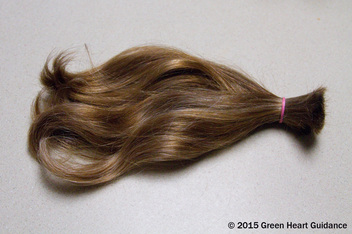

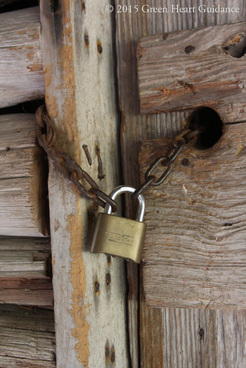



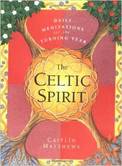


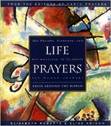
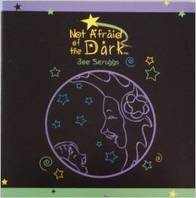
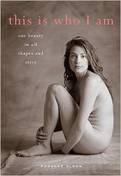


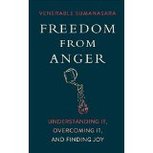
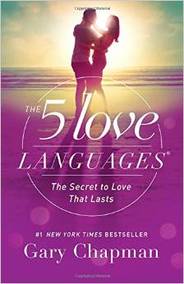
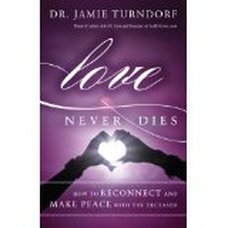

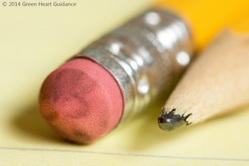
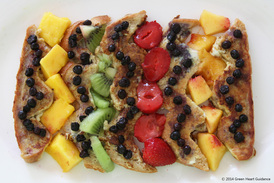


 RSS Feed
RSS Feed